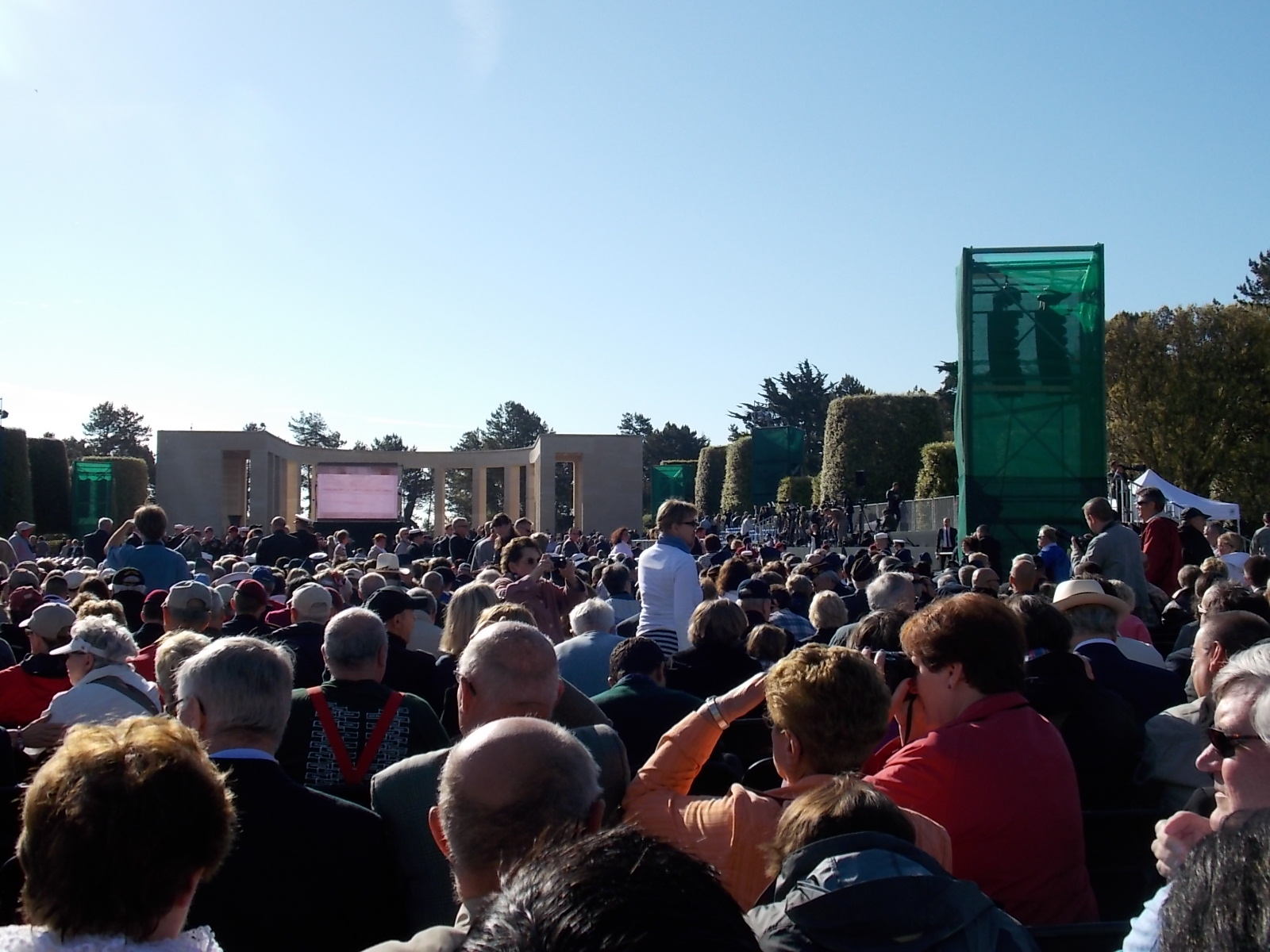
By Sean Begin
History is the collective memory of countries, of societies, of cultures passed down orally originally and then through writing as civilization advanced.
Some parts of the world, naturally, have a deeper history than others. For France, that history extends back almost 2 million years, to our earliest ancestors, emerging into what was known as Gaul before the Franks conquered the scattered tribes around 500 AD and allied with the Christian Church.
By those standards, the United States is the little brother to France, who already grew up and had kids of its own.
Despite the vast gap in age, however, the two countries have often been intertwined.
Both countries launched revolutions in the late-18th century, overthrowing monarchies in favor of democratic governments that pushed for increased human rights, with the French sending help to America in the form of General Lafayette and the French navy.
The United States would return the favor by helping France to victory in World War I and helping to liberate the country from German occupation in World War II.
It was with this shared history in mind that the two countries came together again on the 70th anniversary of the D-Day invasion on Friday.
Almost 10,000 people from the United States, France and other countries sat amidst the more than 9,000 white crosses and Stars of David grave markers of the American men who died fighting for the beaches to listen to Presidents François Hollande and Barack Obama speak.
Official ceremonies were preceded by stories in both English and French of heroic efforts by soldiers who perished during those bloody days, while the American and French flags were raised on either side of the assembled crowd.
With helicopters as background noise and a now calm and empty Omaha Beach shimmering in the distance, Hollande called the cemetery “a place of memory that unites the two countries.”
They spoke before a crowd of D-Day survivors with video projected to the assembled mass behind them and talked of the shared history between the two countries, of a friendship forged in common struggle; from the monarchies overthrown for democracy, to the threat of Nazi Germany, to newer and more complex enemies like climate change and racism.
Surrounded by the sacrifice of more than 9,000 American soldiers, many of whom lie beneath unmarked graves, the struggles the two countries face today seem small compared to the bloody battle waged 70 years ago, on those five beaches of the Norman coast.
